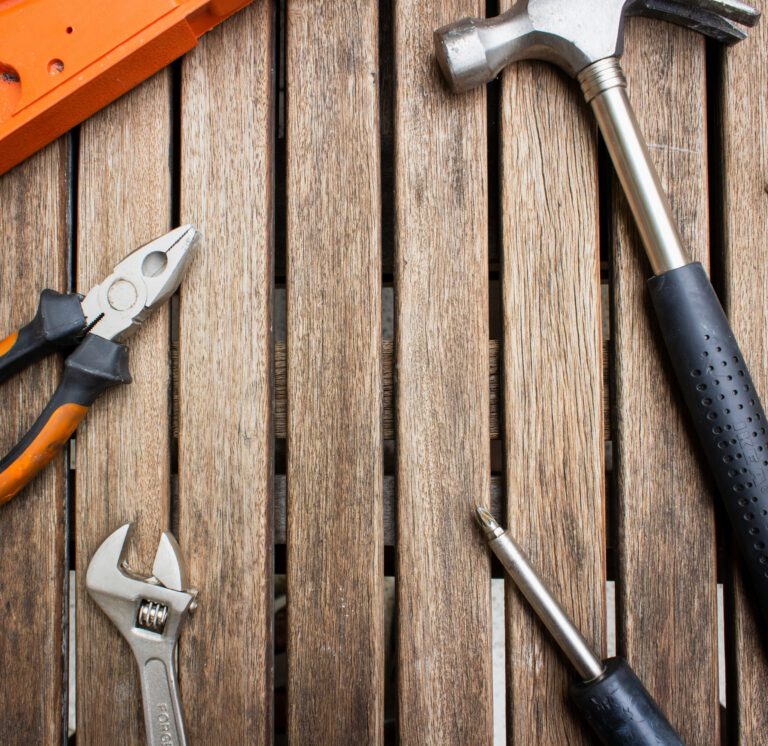A few months ago, I found myself standing in the backyard, looking up at my roof and wondering: Should I finally invest in solar panels? Like many homeowners, I’d been hearing about the benefits of solar for years lower utility bills, energy independence, environmental impact. But is solar power really worth it?
In this post, I’m sharing my beginner-friendly guide to help you (and honestly, remind myself) figure out if solar is the right investment for your home. I’ll break it down in simple, practical terms, using what I’ve learned from research, chats with neighbors, and even a few local contractors.
Sure! Here’s your full WordPress-formatted blog post with personal touch, headings, and clean formatting:
Is Solar Power Worth It? A Beginner’s Guide for Homeowners
Introduction
A few months ago, I found myself standing in the backyard, looking up at my roof and wondering: Should I finally invest in solar panels? Like many homeowners, I’d been hearing about the benefits of solar for years — lower utility bills, energy independence, environmental impact. But is solar power really worth it?
In this post, I’m sharing my beginner-friendly guide to help you (and honestly, remind myself) figure out if solar is the right investment for your home. I’ll break it down in simple, practical terms, using what I’ve learned from research, chats with neighbors, and even a few local contractors.
H2: What Is Solar Power, and How Does It Work?
Let’s start simple.
Solar power is energy from the sun, captured by panels typically installed on your roof. These panels convert sunlight into electricity using something called photovoltaic (PV) cells. That electricity can power your lights, appliances, and devices.
If your system produces more power than you use, it usually goes back to the grid, and depending on your utility company, you may get credits or payments (this is called net metering).
My Initial Concerns (and What I Learned)
When I first considered solar, I had a lot of concerns:
- Isn’t it super expensive upfront?
- What if I don’t live here long enough to make it worth it?
- What if I mess up the installation and damage the roof?
So, I started asking neighbors who had panels and researching online.
Here’s what I learned:
- Yes, there’s an upfront cost, but there are tax incentives, rebates, and financing options that can reduce the burden significantly.
- Solar panels can increase home value, so even if you sell in a few years, you may recoup part of the investment.
- Reputable installers handle the roof concerns carefully — always vet your contractor!
Pros of Going Solar
Lower Energy Bills
Most homeowners see an immediate drop in electricity costs once the system is running. For me, this was a major motivator, especially with rising utility rates.
Tax Credits and Incentives
Federal and state governments often offer tax credits or rebates to encourage solar adoption. In the U.S., for example, you might get up to 30% federal tax credit — that’s a huge help.
Increased Home Value
According to Zillow and other real estate sources, homes with solar panels often sell for more. Buyers like the idea of a ready-to-go energy-efficient home.
Environmental Impact
This was a personal factor for me. Knowing I could cut my carbon footprint and reduce reliance on fossil fuels felt good.
Cons (and What to Watch For)
Upfront Costs
Even with incentives, solar isn’t cheap. A typical system might cost $15,000–$25,000 before rebates. You need to consider your budget or look into financing options.
Roof Suitability
Not every roof is ideal for solar — mine faces south, which is great, but if you have a lot of shade or an old roof, you might need extra work.
Maintenance and Repairs
While solar panels are generally low-maintenance, you may occasionally need to clean them or check for issues. Plus, inverters and batteries (if you have them) may need replacement after 10–15 years.
Real Examples: Stories From My Neighbors
Anna’s Small Ranch House
Anna lives two blocks away. She installed a small system last year, cutting her $150 monthly bill down to around $30. She said her main regret? Not doing it sooner.
Mike and Sarah’s Big Remodel
Mike and Sarah added solar panels as part of a major home renovation. They combined the install with a new roof, which helped with costs. They love tracking their energy production through their app.
My Own Baby Steps
While I haven’t gone all-in yet, I’ve done a home energy audit and am planning to start with a smaller solar setup — maybe a few panels and a solar water heater. I’ll report back!
Step-by-Step: How to Plan for Solar
1. Check Your Roof
Inspect your roof’s condition, direction (south-facing is best), and how much sunlight it gets daily.
2. Review Your Energy Needs
Look at your past electricity bills to understand how much energy you use. This helps size your system properly.
3. Research Incentives
Look up local, state, and federal incentives. You can check online databases or talk to local installers who know the current offers.
4. Get Multiple Quotes
Don’t just go with the first company you find. Get 2–3 quotes, compare prices, warranties, and reputations.
5. Understand Financing Options
You might buy the system outright, take a loan, or lease it. Each has pros and cons — make sure you know what fits your situation.
6. Plan for Permits and Installation
Your contractor will typically handle permits, but it’s good to ask about timelines and paperwork upfront.
Is Solar Power Right for You?
Here’s what I’d say, based on my own experience and research:
- If you own your home, plan to stay for at least 5–10 years, and have a decent roof, solar is worth seriously considering.
- If you rent or plan to move soon, it might be better to explore other energy-saving upgrades.
- Always run the numbers, and don’t hesitate to ask lots of questions before signing anything.
Thinking about solar can feel overwhelming at first, but once you break it down, it’s much more approachable. For me, the mix of saving money, increasing home value, and doing something positive for the environment makes it an exciting option.
Have you been considering solar? I’d love to hear your thoughts and experiences — feel free to share them in the comments or explore more of my home improvement guides for practical tips.




